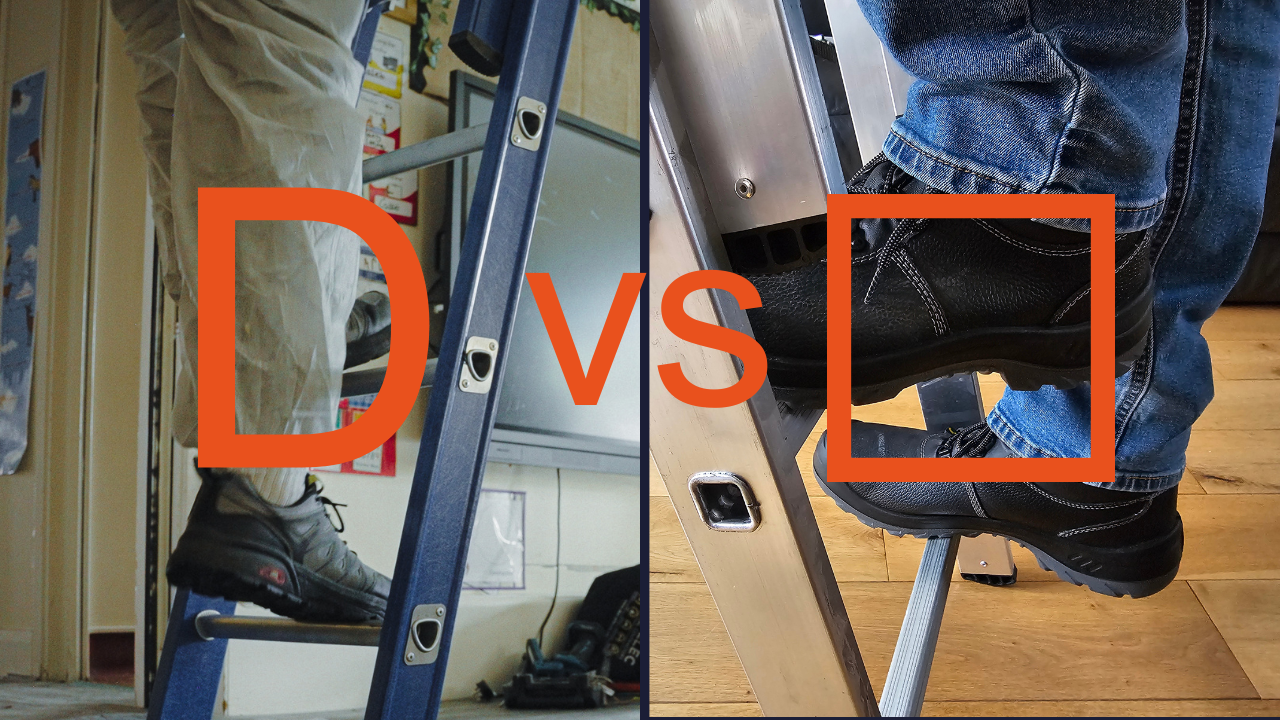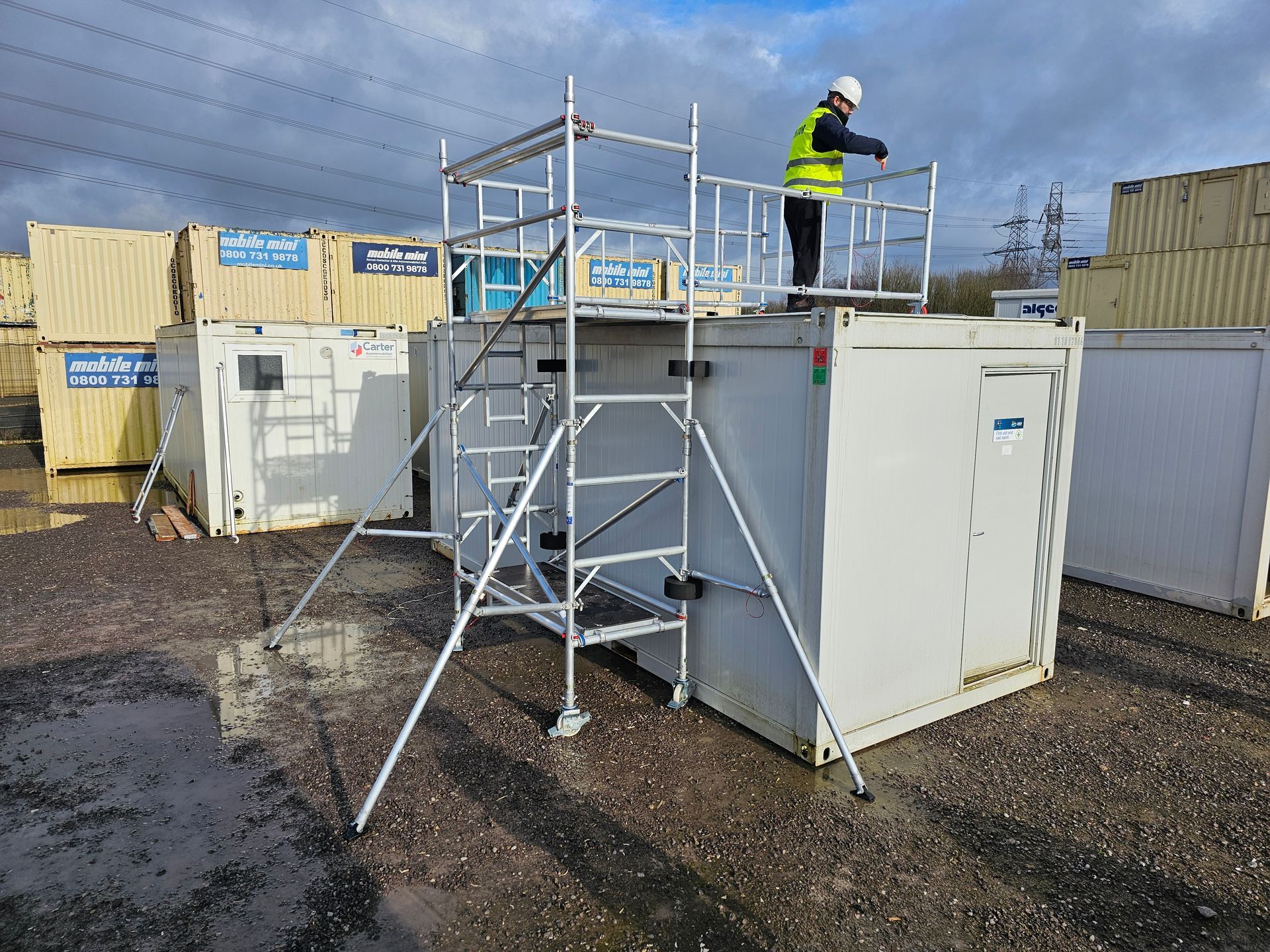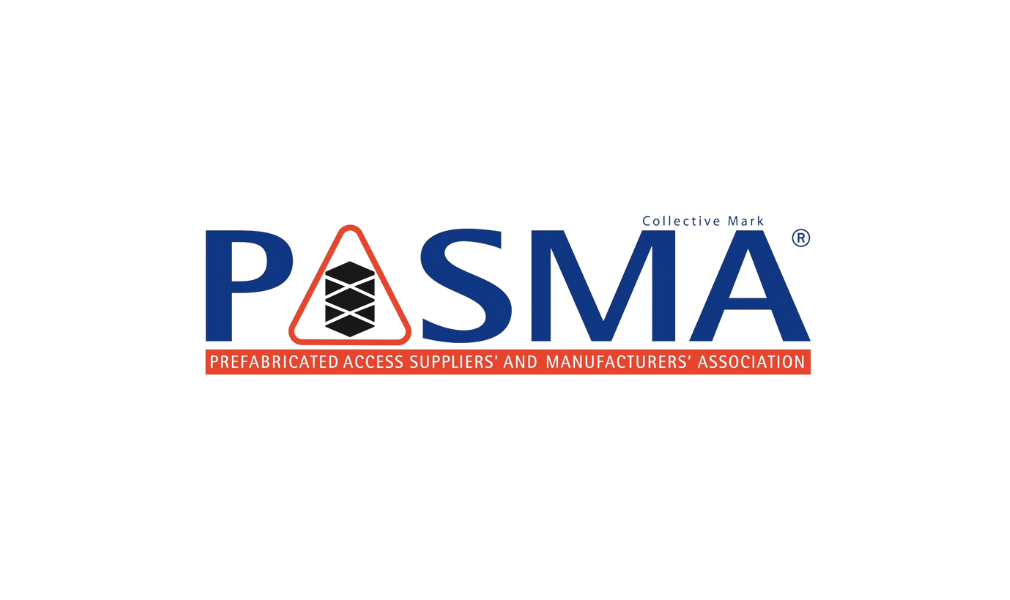Carbon Footprints – The Real Impact of UK-Made vs. Imported Products
Choosing Lyte Ladders means choosing a lower carbon footprint. Our UK-made products save on the emissions generated by long-distance shipping from the Far East. It’s a win for quality and the environment!
Imported ladders typically travel thousands of miles before reaching the UK, generating substantial carbon emissions. In contrast, our ladders are manufactured locally, drastically reducing the emissions associated with transportation. This not only supports our commitment to sustainability but also ensures that our products are of the highest quality and reliability.
Let's take a deeper dive into the real environmental impact of these products, looking beyond just transportation emissions. By analysing the broader lifecycle of products — from raw material extraction to disposal — we can fully understand the carbon footprint of imported versus locally manufactured goods.
Understanding the Lifecycle of Imported Products
Imported products, especially those manufactured in regions like the Far East, have a complex and carbon-intensive supply chain. While the shipping emissions alone are significant — cargo ships burn vast amounts of heavy fuel oil, emitting sulphur and carbon dioxide into the atmosphere — there are other factors to consider:
- Energy Sources in Manufacturing: Many manufacturing facilities in countries like China rely on coal or other fossil fuels, which are far more carbon-intensive than renewable energy sources. This adds significantly to the carbon footprint before products even leave the factory.
- Raw Material Extraction: Often, the extraction of raw materials occurs in locations far from the manufacturing site, leading to additional emissions from transportation. For example, aluminium used in Far East-manufactured products may be sourced from different parts of the world, adding layers of transportation emissions before it even reaches the production line.
- Product Longevity and Repairs: Imported ladders and access equipment are often designed for a shorter lifecycle. When a product’s life ends sooner, replacements are needed, and the carbon emissions associated with producing, transporting, and disposing of multiple products quickly add up.
By the time a ladder or other product manufactured in the Far East arrives in the UK, its carbon footprint can be substantial, owing not just to the emissions from shipping, but also to the fossil-fuel-heavy manufacturing processes, resource extraction, and the overall inefficiency of its lifecycle.
The UK Advantage: Local Manufacturing, Renewable Energy, and Lower Emissions
In contrast, UK-made products such as the ones we make at Lyte Ladders & Towers benefit from several key advantages that make them far more environmentally friendly:
- Renewable Energy: More and more UK manufacturers, including Lyte, are shifting to renewable energy sources such as solar and wind power. At Lyte Ladders, our facility is powered in part by our recently installed 350kW solar power system, generating 320mW of clean energy annually. This drastically cuts emissions from manufacturing, particularly when compared to factories powered by coal or natural gas.
- Shorter Supply Chains: UK-made products don’t need to travel thousands of miles to reach customers. The reduced transportation distances translate to lower emissions from shipping and logistics, helping to cut the overall carbon footprint. With imports, the carbon impact of sea and land transport is a key concern, whereas UK manufacturing keeps emissions to a minimum due to the proximity of production to the end user.
- Sustainable Materials: In addition to the advantages of shorter supply chains and renewable energy, we are committed to using Recycled Low-Carbon Aluminium 4.0 in the rungs of our ladders. This aluminium has one of the lowest carbon footprints in the world — just 4.0 kg CO2e per kg, compared to the global average of 16.7 kg CO2e. By sourcing sustainable materials, we’re further reducing the environmental impact of our products.
- Repairability and Longevity: One often overlooked factor is the repairability of UK-made products. At Lyte, our ladders are designed to be repaired and maintained, extending their lifespan significantly. This reduces the need for frequent replacements, thereby minimising waste and the associated emissions from manufacturing and shipping new products. Longer-lasting, repairable products represent a circular approach to manufacturing, keeping materials in use for as long as possible and reducing the carbon footprint over time.
Environmental and Economic Benefits
By choosing UK-made products, you can contribute to sustainability in two key ways:
- Reduced Carbon Footprint: By minimising the emissions from transportation, energy use, and raw material sourcing, UK-made products have a dramatically smaller carbon footprint compared to imported products. This contributes to national and global carbon reduction goals, supporting the transition to a low-carbon economy.
- Supporting Local Jobs and Innovation: Beyond the environmental benefits, purchasing UK-made products supports local industries, helping to create and maintain jobs in the UK. At Lyte, for example, we’re not just producing ladders — we’re investing in the latest manufacturing technologies, such as our use of Recycled Low-Carbon Aluminium, which helps drive forward the UK’s leadership in sustainable manufacturing.
The Way Forward: Choosing Sustainability
As businesses and consumers become more aware of the environmental impacts of their purchasing decisions, the importance of choosing sustainable, UK-made products continues to grow. The UK Government’s Net Zero by 2050 goal means that reducing carbon emissions is a national priority, and manufacturers like Lyte are leading the way in creating products that meet the demands of both quality and sustainability.
By selecting UK-made ladders with Recycled Low-Carbon Aluminium rungs, you're not only supporting local manufacturing but also reducing your own carbon footprint and contributing to a greener future. As the global conversation around sustainability intensifies, it’s clear that the decisions we make now will have a lasting impact on the environment.
Remember, the comparison between UK-made and imported products is not just about emissions from shipping — it’s about the entire lifecycle of a product. From the raw materials used to the manufacturing processes, transportation, and eventual disposal, UK-made products like those from Lyte Ladders stand out as the more sustainable choice. By opting for locally produced, repairable products made from recycled materials, we can collectively reduce our environmental impact and help drive the transition to a more sustainable economy.









